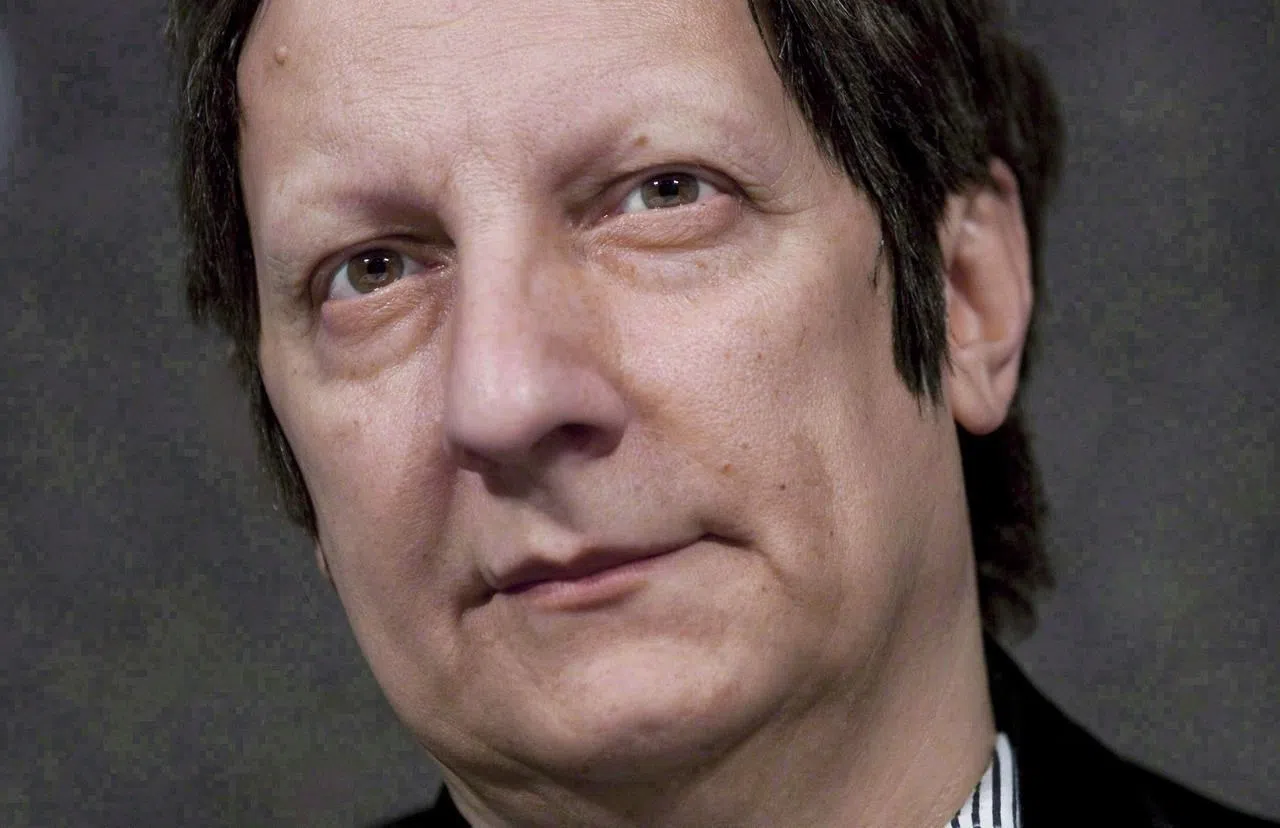
‘I resolve to do better’: Playwright Robert Lepage on 2018 race controversy
MONTREAL — Renowned Quebec director Robert Lepage is promising to be more racially sensitive with his work in the new year after two of his plays in 2018 were widely condemned by members of Quebec’s black and Indigenous communities.
In a public letter published Friday, Lepage — recognized around the world for his theatre productions — acknowledged “clumsiness and misjudgments” that led to the cancellation of his play on black slavery last summer during the Montreal International Jazz Festival.
Called “SLAV,” the play included a mostly white cast picking cotton and singing black slave songs. Activists protested outside the theatre and accused Lepage of appropriating black pain for profit.
Lepage admits in the letter “the version of SLAV that we were presenting last June was far from finished and that perhaps it wasn’t by chance that the show’s dramaturgical problems corresponded exactly to the ethical problems the show was criticized for.”


